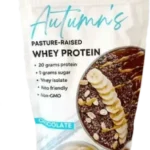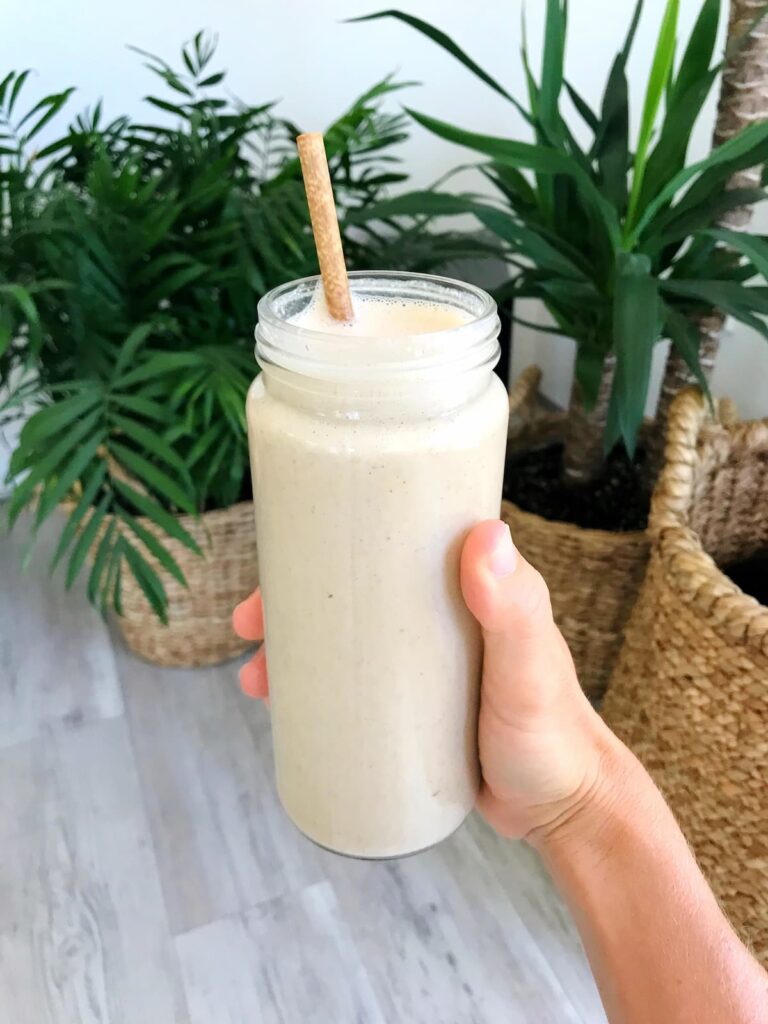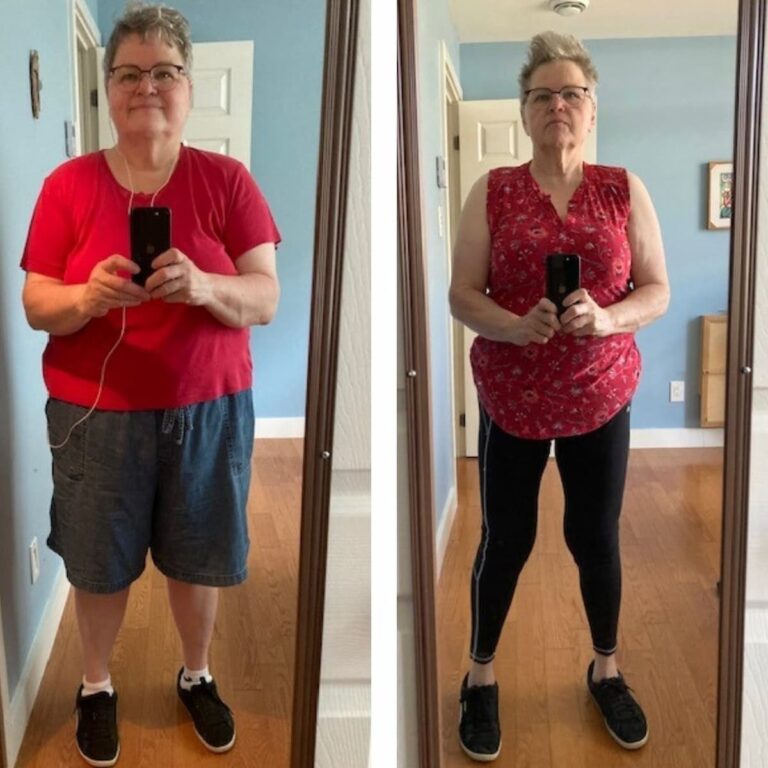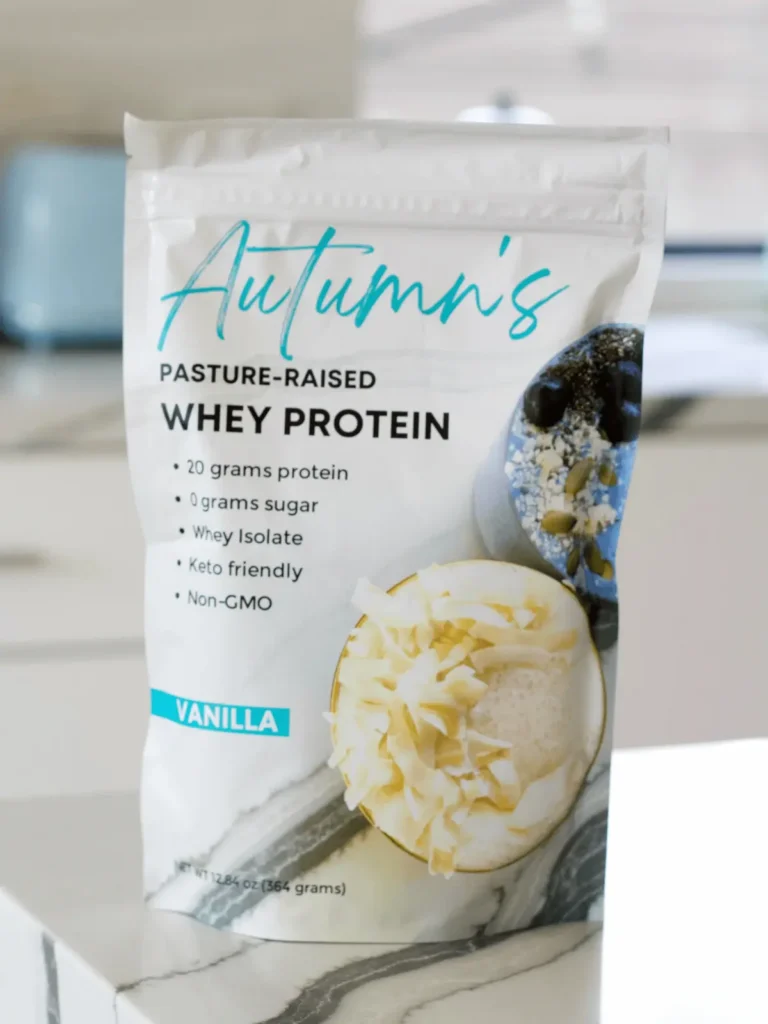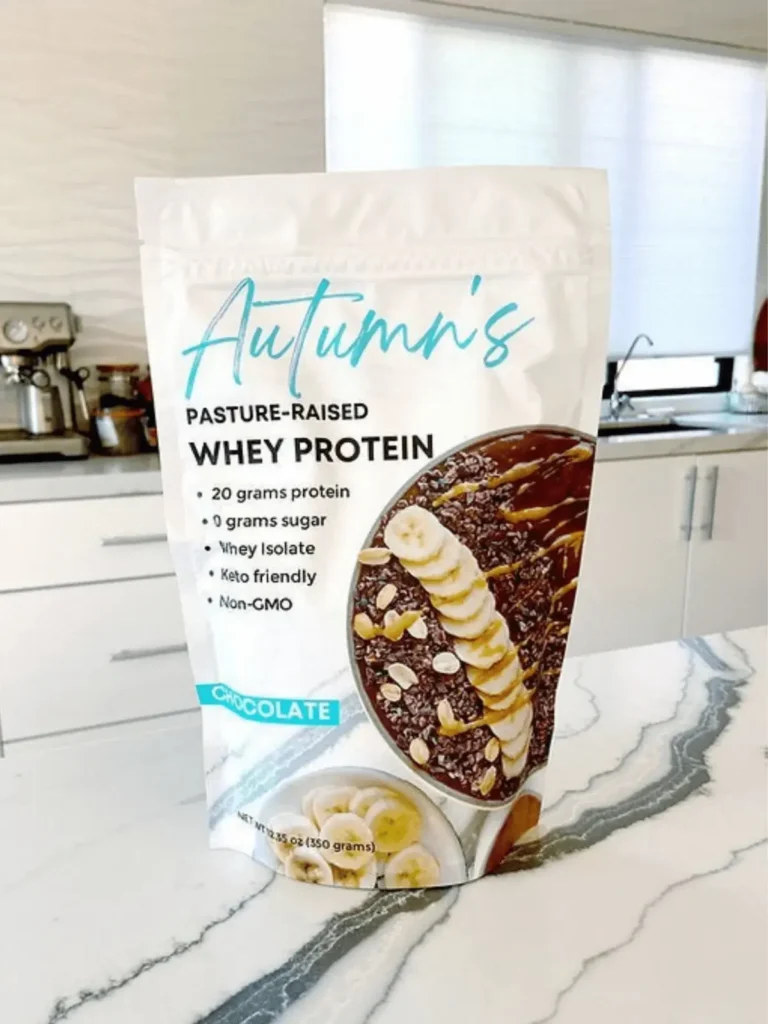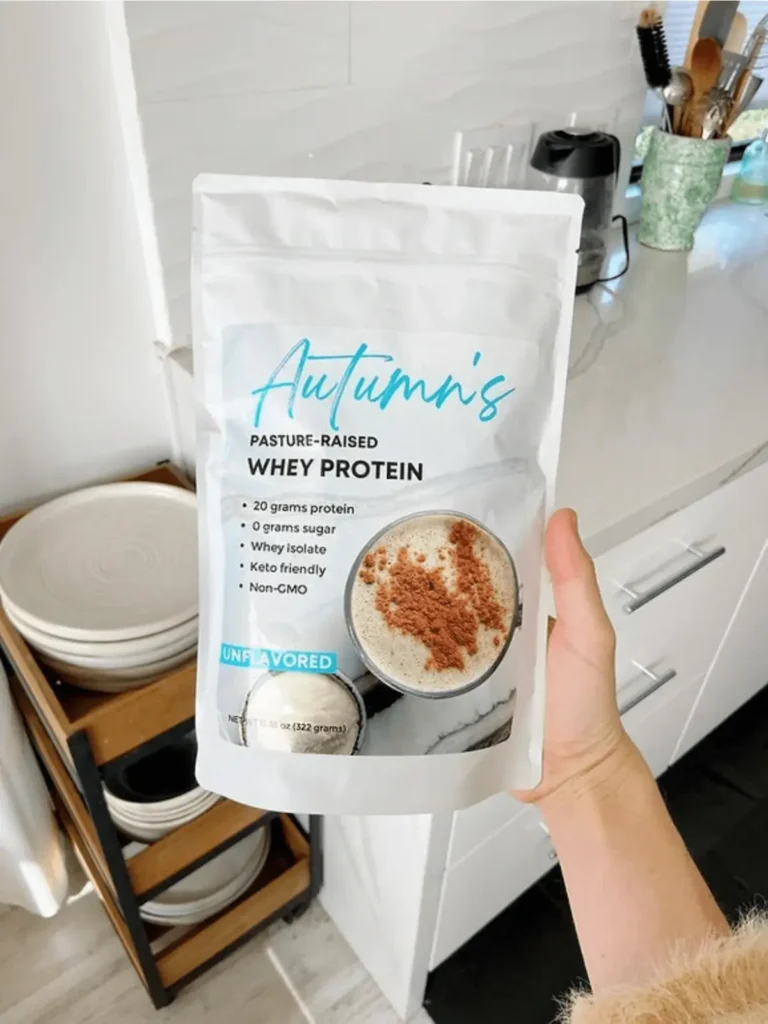As a Nutritionist, I’ve seen that combining Intermittent Fasting with weight watchers is not a good idea for weight loss. Here’s why.
If you’re on a weight loss journey, I would be extremely surprised if you haven’t heard of Weight Watchers (WW). In fact, even if you AREN’T on a weight loss journey, I’m sure you’ve at least seen some of the WW buildings here and there. WW started in the 1960s and has been a presence in the weight loss community ever since.
If you’re browsing through my website, then you likely are currently using Intermittent Fasting or thinking about testing it out. But before you get started, let’s dive into today’s topic on why you should not combine Intermittent Fasting and WW for your wellness goals.
But first… why use Intermittent Fasting?
Intermittent Fasting is a way to eat not necessarily WHAT you’re eating. Because you are including a fasting period (usually around 16 hours a day, including sleep), you stimulate a process in your body called the Migrating Motor Complex, aka MMC. This helps to sweep out left behind food and bacteria from your small intestine and stomach and into your colon. By removing the left behind food and bacteria, bloating drastically decreases because you don’t have bacteria fermenting the left behind food!
Another common benefit of Intermittent Fasting is improved fat burning mechanisms. Intermittent Fasting has been found to help stabilize blood glucose levels and improve insulin sensitivity. This combination allows your body to shift out of “storing mode” and into “fat utilization/burning mode”. Plus, the improved insulin sensitivity can also help with improving fertility too!
All of this is in addition to some of the more well-known benefits of Intermittent Fasting, including increased autophagy. This is where much of the improved energy levels comes into play as the cell cleans out the (literal) trash and waste from the cell and regenerates new energy systems called mitochondria.
Why you SHOULD NOT Use Fasting with WW
Okay, so clearly the benefits of Intermittent Fasting include weight loss but go beyond that into additional quality of life perks. But would it be further enhanced by combining Intermittent Fasting with Weight Watchers? Not necessarily. WW has gone through some changes since the earlier days, but the main emphasis of WW is still that of calorie counting and reduction. With the newer emphasis on high quality veggies and increased fiber, this is definitely a step in the right direction. However, as mentioned earlier, the emphasis is still calorie reduction.
In the short term, calorie reduction has been found to aid in weight loss. This is inevitable because you’re taking in less energy than your body is used to consuming. However, it can only work for so long until your body starts to reduce your basal metabolic rate (BMR) and shift into “energy saving mode”. If you have ever experienced a plateau in weight loss, this is likely why. In fact, one study discusses that even one year AFTER “dieting” (aka calorie reduction), the body’s hunger hormones are STILL raised!! It’s due to this phenomenon that long term calorie restriction and counting for weight loss, such as that with WW, IS NOT the best solution.
You can’t work against your physiology. Instead, you should work WITH it.
Is Weight Watchers EVIL?!
No. I genuinely think that with their latest updates to their Program, they are trying to emphasize higher quality foods such as veggies and fiber. However, the what and when and how don’t allow for you to feel satiated and promote fat burning mechanisms over hunger hormones.
This is where using tools such as Intermittent Fasting to stabilize blood glucose levels and proper Nutrient Timing to shut off hunger hormones can not only be beneficial for weight loss and de-bloating, it can ALSO help you feel satiated and reduce cravings in the process!

Tap into fat burning
The 21 Day Intermittent Fasting Program
The 21 Day Intermittent Fasting Program provides step-by-step strategies to help you use Intermittent Fasting with delicious, protein-packed meals to support fat loss, reduce hunger, and boost gut health.
